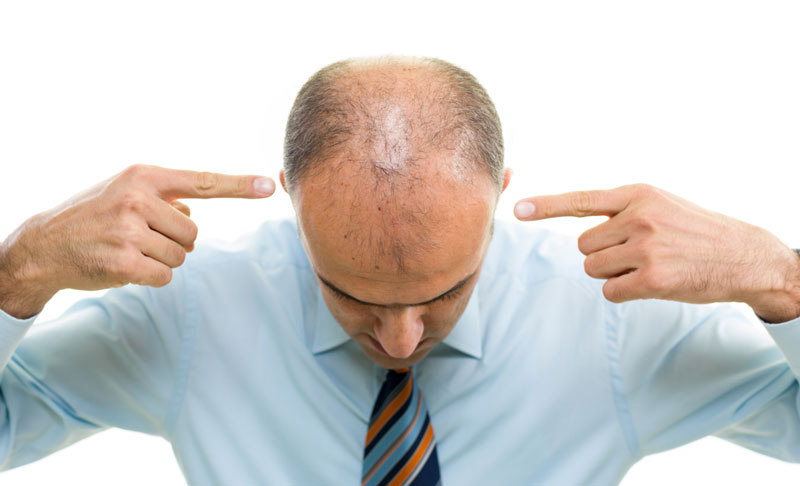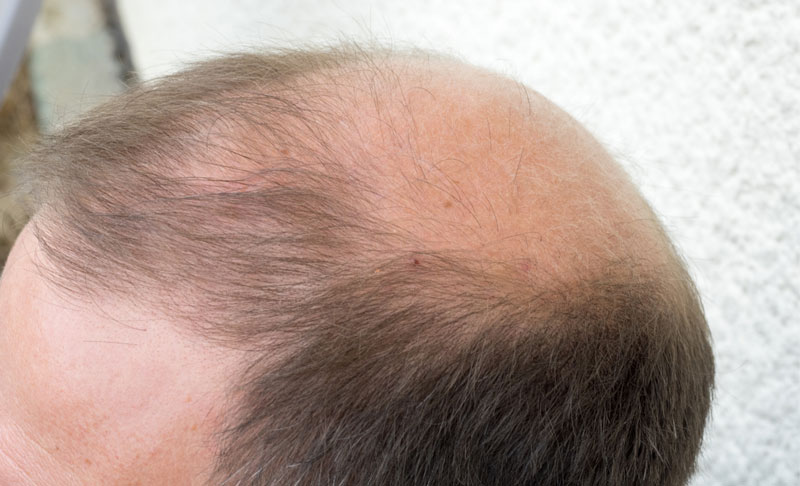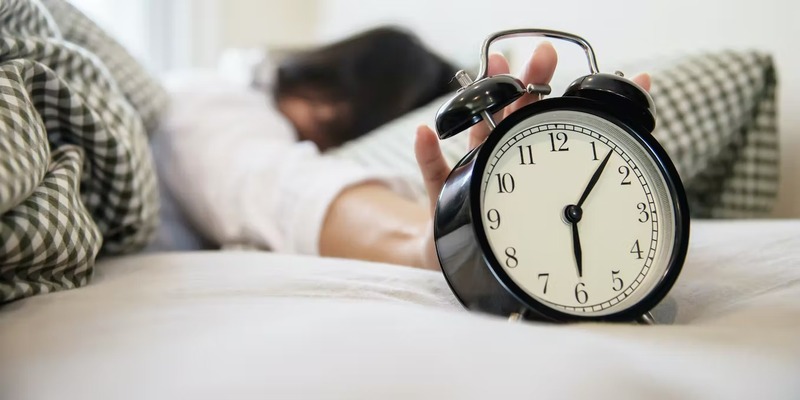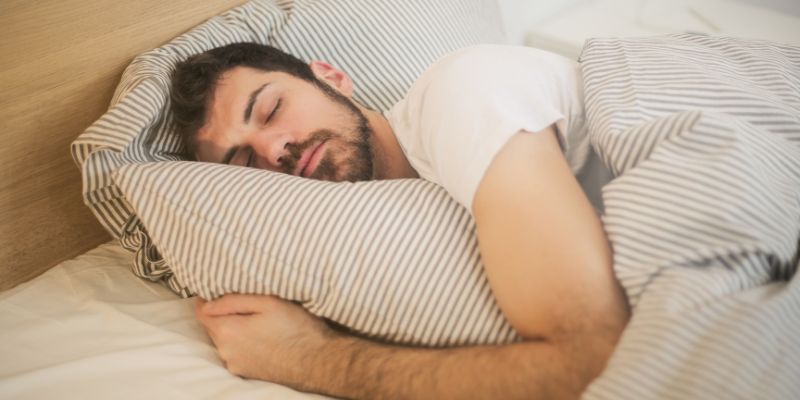Are you suffering from severe hair loss but don't know the causes behind it? Then keep reading as you'll learn the causes of hair loss in men and its potential treatments so you can take control of it.
Male hair loss is a common issue that affects millions of men all over the world. And for many men, it can be an embarrassing problem to confront. But, understanding the causes and potential treatments can help men make the best decisions for their health and confidence.
Various factors, including genetic predisposition, age, hormones, and lifestyle, can cause hair loss.
This article will explore what causes hair loss in men and what treatment options are available.
Common Causes of Hair Loss in Men
Male hair loss is a common issue affecting millions of men worldwide, but understanding what causes it is vital to finding successful treatments.
The most common cause of hair loss for men is male pattern baldness, also known as androgenetic alopecia.
Other causes of hair loss include stress, poor nutrition(lifestyle), genetics, infections, some medical issues, and scalp infections such as ringworm.
Moreover, certain medications, such as those used to treat depression, high blood pressure, arthritis, cancer, and heart problems, may contribute to temporary or permanent hair loss in men.
Genetic Predisposition
The most common form of male hair loss is male pattern baldness or androgenic alopecia. A combination of genetics and hormones causes this type of hair loss.
Men with this form of hair loss usually start to experience thinning at the temples and crown of the head before eventually developing a horseshoe-shaped pattern of baldness around the sides and back of the head.
Age-Related Hair Loss
Natural aging processes can also cause hair loss. As you age, your bodies produce higher levels of hormones such as DHT, which can cause your scalp follicles to shrink, leading to thinning or baldness.
Age-related hair loss tends to affect the entire scalp rather than just specific areas like male pattern baldness.

Infections
Ringworm can cause scaly areas on the scalp and bald patches. In most cases, once therapy is finished, hair will begin to grow again.
Lifestyle Factors
Certain lifestyle factors can also contribute to hair loss in men, including stress, poor nutrition, lack of sleep, smoking cigarettes, or using drugs such as anabolic steroids.
Stressful situations can cause your body to release hormones like cortisol that interfere with average hormone production and lead to temporary hair shedding. Poor nutrition can also affect your overall health and ability to regrow lost hair.
Finally, smoking cigarettes or using drugs can damage your scalp follicles beyond repair and prevent them from growing new hairs altogether.
Medicinal Problems
Several medical conditions can cause temporary hair loss, including anemia and thyroid issues. Having a protein and iron-deficient diet can also contribute to thinning hair.
Diabetes and lupus both increase the likelihood of hair loss.
Hair loss could be a side effect of certain medications you're taking for:
- Cancer
- Gout
- Depression
- Adversely impacted blood pressure.
- Heart issues
- Arthritis
Stress or Shock
Hair loss that lasts for months can be caused by things like suddenly dropping a lot of weight, experiencing a traumatic event (physical or emotional), having surgery, or even getting sick with a fever or the flu.
Symptoms of Hair Loss in Men
The most apparent symptom of hair loss in men is thinning or balding on the scalp, particularly at the crown or temples. In some cases, there may also be itchiness or pain experienced on the scalp before any actual visible signs of hair loss.
If you’re experiencing other physical symptoms, such as fatigue or flu-like symptoms that don’t seem to disappear, you should consider visiting your doctor for a proper diagnosis.

Treatments for Hair Loss in Men
There are several treatment options available for those experiencing hair loss.
Minoxidil (Rogaine) is an over-the-counter treatment that helps stimulate new growth by increasing blood flow to the scalp’s follicles. However, it does not work for everyone, and side effects may include itching and redness at the application site on the scalp.
Lifestyle changes such as eating a balanced diet rich in vitamins and minerals, avoiding stress triggers like too much caffeine consumption, regular exercise, and reducing exposure to environmental toxins like smoke and pollution also help prevent hair loss.
If you have any questions about the best treatment option, it’s best to consult with your doctor before making any decisions.
Takeaway
Hair loss can be a challenging experience for anyone, especially for men who have long held onto traditional notions of masculinity associated with having a full head of healthy hair.
Fortunately, there are treatments available that can help restore your confidence if male pattern baldness or alopecia areata has affected you. Be sure to talk with your doctor about all the options available so that you can find one that works best for you.
With proper care and treatment regimens explicitly tailored to address your needs, you will soon feel more confident than ever!




